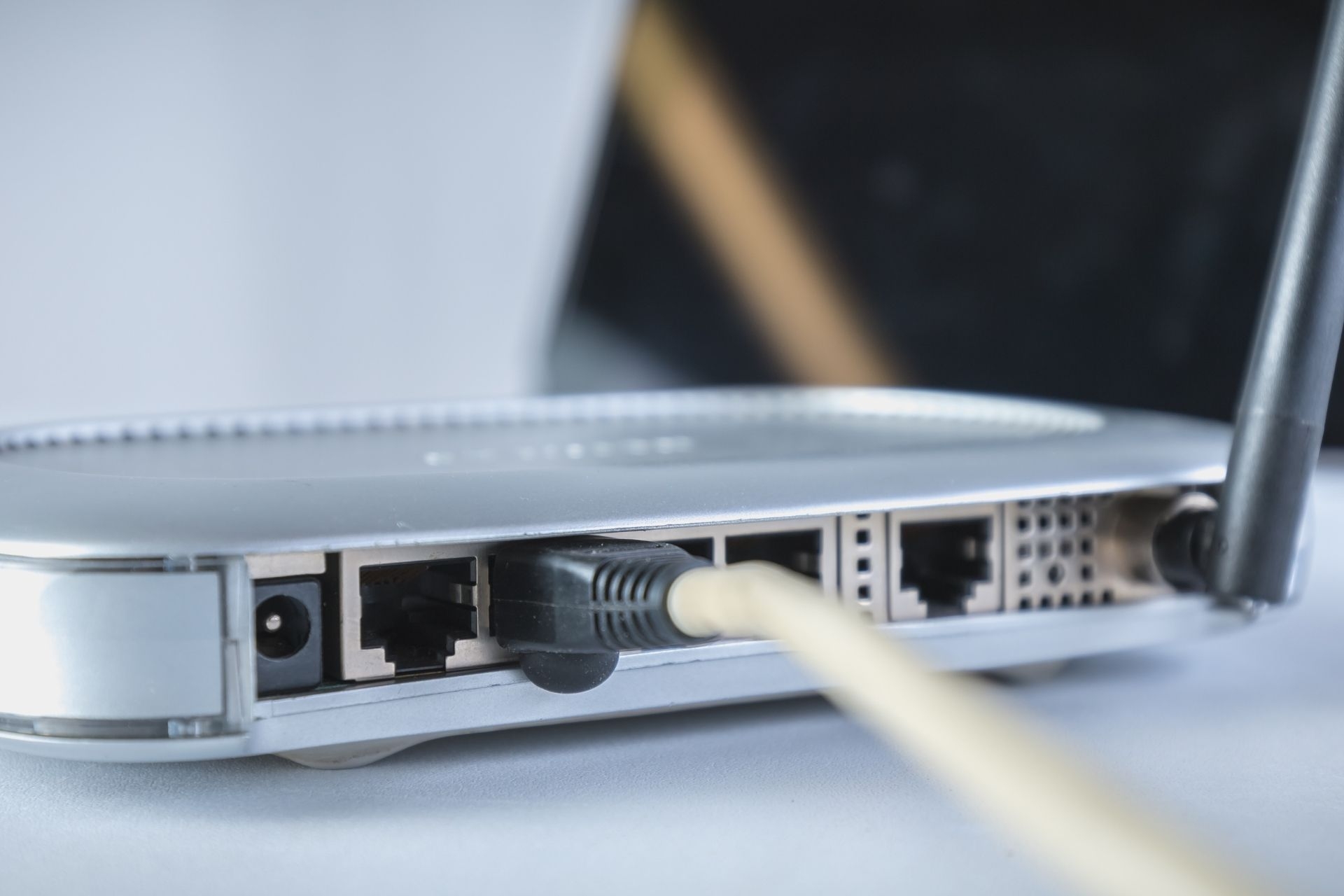

Central office (CO) equipment in a telecommunications network serves several primary functions, including switching, routing, and multiplexing. These functions are essential for directing and managing the flow of data and voice traffic within the network, ensuring efficient communication between users. Additionally, central office equipment plays a crucial role in connecting the network to external systems and services, such as the public switched telephone network (PSTN) and the internet.
Central office switches differ from other types of switches used in telecommunications by their specific focus on handling large volumes of traffic within a service provider's network. These switches are designed to efficiently route calls and data between different subscribers and services, ensuring reliable and high-quality communication. Central office switches also often incorporate advanced features such as traffic prioritization and quality of service (QoS) capabilities to optimize network performance.
For students and other multi-tenant property residents, high-speed internet service is no longer a luxury. It’s a necessity. Internet access is commonly referred to as the “fourth utility” and is viewed by many to be THE MOST IMPORTANT UTILITY™.

Posted by on 2023-07-20
THE MOST IMPORTANT UTILITY™ Dojo Networks provides THE MOST IMPORTANT UTILITY™ service: Reliable high-speed internet access. Internet service is touched by your residents more than their lights, hot water, or heat/AC. MDU owners and property managers agree that residents place a high priority on high-speed internet service and according to a survey by Entrata, a “basic technology package” that includes internet access tops the list of amenities for which residents are willing to pay a premium.

Posted by on 2023-05-19
Multi Dwelling Unit (MDU) Property Owners have been besieged over the past 30 years by cable and telecom companies offering to provide television and high-speed internet services through contracts that vary from simple Right of Entry (ROE) to complicated Installation & Service Agreements. Today, the complexity of these contracts continues to be great, and property owners should use caution and seek professional advice before signing any new or renewal agreements.

Posted by on 2023-05-03
Touched by your residents more than their lights or hot water, the Internet has become a required utility, and managed WiFi is the perfect way to deliver the utility to your tenants. Tenants believe that the Internet should just work—no questions asked, no matter where they are in your building or on your property. You want happy tenants, and you recognize the competitive advantage and potential income that managed WiFi offers. You also know that installing managed WiFi can require a substantial capital investment, so you need to do it right the first time, with a vendor you can trust and rely on. But how do you find the best vendor? What should you require, and what questions should you ask?

Posted by on 2023-04-27
Do you know what you are putting your residents through? by Joe Geroux I have been in the telecommunications Industry for over 30 years! Recently my sister moved from Naples, FL to Nashville, TN and trying to help my big sister get set up in her new apartment was one task I took on as her little brother!

Posted by on 2023-01-19
Central office routers play a vital role in the operation of a telecommunications network by directing data packets between different networks and ensuring that information reaches its intended destination. These routers use routing protocols to determine the best path for data transmission, helping to maintain network efficiency and reliability. Central office routers also provide security features such as firewall protection and virtual private network (VPN) support to safeguard data transmission.

Central office multiplexers help optimize the use of network resources by combining multiple data streams into a single high-capacity transmission line. By multiplexing data signals, these devices enable more efficient use of network bandwidth and reduce the overall cost of network infrastructure. Central office multiplexers also support various transmission technologies, such as time-division multiplexing (TDM) and wavelength division multiplexing (WDM), to accommodate different types of traffic.
Key security measures implemented in central office equipment to protect against cyber threats include encryption, access control, and intrusion detection systems. Encryption technologies ensure that data transmitted over the network is secure and cannot be intercepted by unauthorized parties. Access control mechanisms restrict access to sensitive network resources, while intrusion detection systems monitor network traffic for suspicious activity and potential security breaches.
MDU Internet Infrastructure Used Currently For Commercial Applications in 2024

Central office power systems play a critical role in ensuring uninterrupted operation of telecommunications services by providing backup power in case of outages or emergencies. These power systems typically include battery backups, generators, and uninterruptible power supplies (UPS) to maintain continuous power supply to essential network equipment. By ensuring reliable power supply, central office power systems help prevent service disruptions and downtime.
Advancements in central office equipment technology are driving the evolution of next-generation networks by enabling higher data speeds, increased network capacity, and enhanced network security. Technologies such as software-defined networking (SDN) and network function virtualization (NFV) are transforming the way networks are designed and managed, making them more flexible, scalable, and cost-effective. Additionally, the integration of artificial intelligence (AI) and machine learning algorithms in central office equipment is improving network performance and efficiency.

ONTs in MDU fiber optic installations are typically deployed and managed using a centralized approach, where a main distribution frame (MDF) is utilized to connect multiple ONTs within the building. The ONTs are installed in each individual unit or apartment, with fiber optic cables running from the MDF to each ONT location. Once installed, the ONTs can be managed remotely through a network management system, allowing for easy monitoring and troubleshooting of the network. This centralized management approach ensures efficient deployment and maintenance of the ONTs in MDU fiber optic installations.
Traffic engineering mechanisms are commonly applied in MDU internet networks to optimize network performance and ensure efficient data transmission. These mechanisms include Quality of Service (QoS) protocols, such as DiffServ and MPLS, which prioritize certain types of traffic based on their importance or sensitivity to delays. Bandwidth management tools, like traffic shaping and traffic policing, help regulate the flow of data to prevent congestion and ensure fair distribution of resources among users. Additionally, network monitoring and analysis tools are used to identify bottlenecks and optimize routing paths for improved performance. By implementing these traffic engineering mechanisms, MDU internet networks can deliver a reliable and high-quality service to their residents.
When considering the choice between EPON and GPON for MDU internet infrastructure, several factors come into play. These factors include the size of the MDU, the bandwidth requirements of the residents, the cost of deployment, the scalability of the network, and the availability of fiber optic infrastructure in the area. EPON, or Ethernet Passive Optical Network, may be preferred for smaller MDUs with lower bandwidth demands due to its cost-effectiveness and simplicity. On the other hand, GPON, or Gigabit Passive Optical Network, is better suited for larger MDUs with higher bandwidth needs as it offers higher data rates and greater scalability. Additionally, the existing fiber optic infrastructure in the area may also influence the choice between EPON and GPON, as leveraging existing infrastructure can help reduce deployment costs and simplify network management. Ultimately, the decision between EPON and GPON for MDU internet infrastructure will depend on a careful consideration of these various factors to determine the most suitable solution for the specific needs of the MDU.
When connecting MDUs to cloud service providers, several considerations must be taken into account to ensure a seamless and efficient integration. Factors such as bandwidth requirements, network infrastructure, security protocols, scalability options, data migration processes, and service level agreements need to be carefully evaluated. It is essential to assess the compatibility of the MDU's existing hardware and software with the cloud services being implemented, as well as the potential need for upgrades or modifications. Additionally, considerations should be made regarding data privacy, compliance with industry regulations, disaster recovery plans, and ongoing technical support. By addressing these various aspects, MDUs can successfully leverage cloud services to enhance their operations and provide better services to their residents.